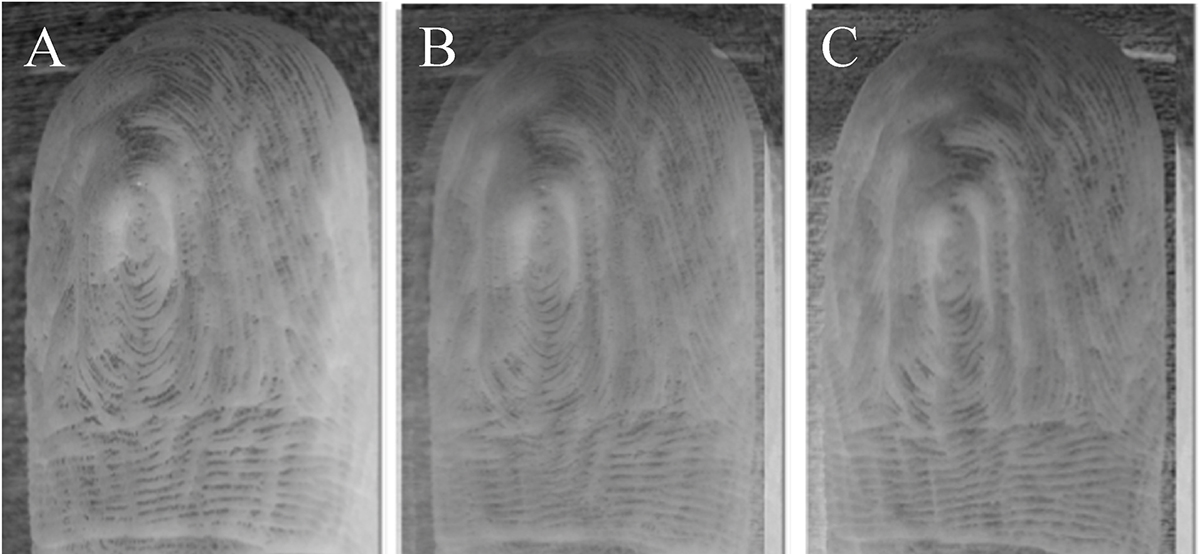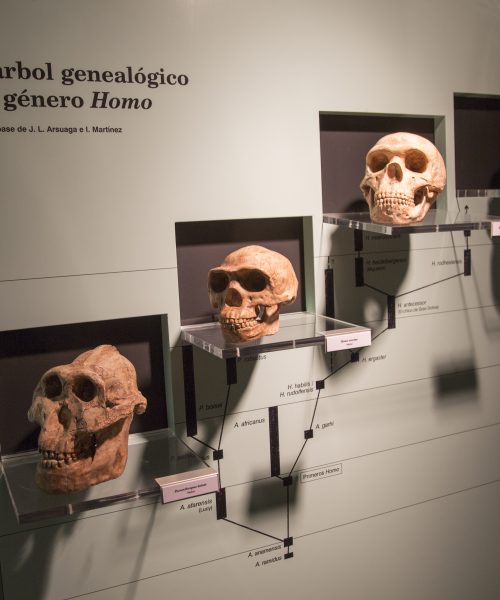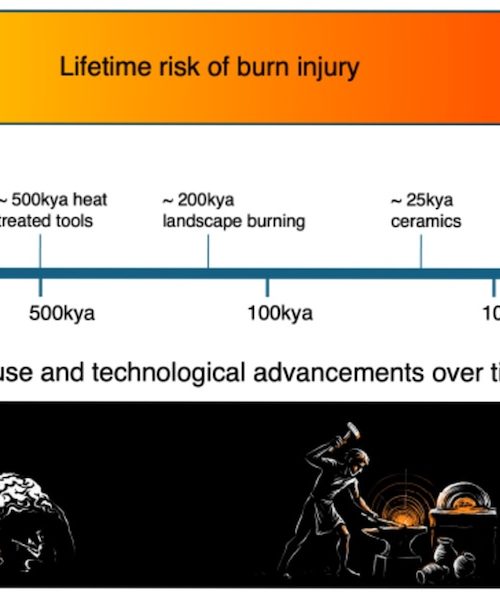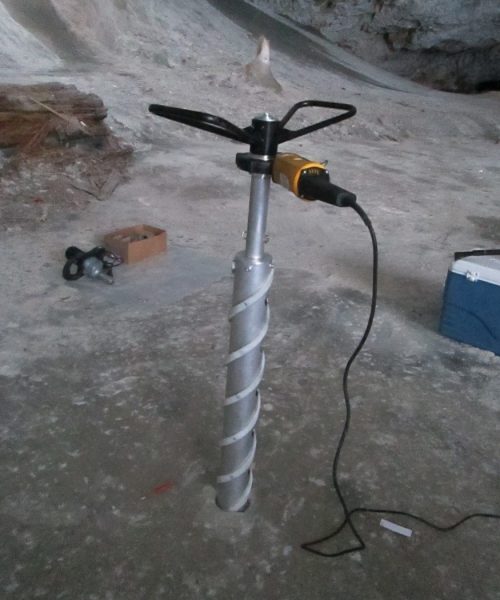A long day swimming at a pool or the beach typically wraps up with a hungry belly, hopefully sunburn-free skin, and wrinkly fingers. It turns out that like our fingerprints, those wrinkly patterns that form after our hands are in water for extended periods of time are also consistent. They remain the same even after multiple submersions in water, according to a study published in the May 2025 issues of the Journal of the Mechanical Behavior of Biomedical Materials.
The skin on the palms of our hands and soles of our feet–or glabrous skin–is hairless and plays a role in sensing our environment. Glabrous skin has tons of receptors that send signals from our skin as electrical impulses that our brain can read. It is also the skin that wrinkles when exposed to water for a long time. The blood vessels beneath the skin contract, creating the wrinkles.
To figure out why these wrinkled patterns stay the same, Binghamton University biomedical engineer Guy German and recent Binghamton biomedical engineering graduate Rachel Laytin put test subjects’ fingers in water for 30 minutes. They took photos and repeated the immersion under the same condition at least 24 hours later. By comparing the images, the team found the same patterns of raised loops and ridges after both immersions.
[ Related: Why do our fingers wrinkle in water? It’s much deeper than skin. ]
“Blood vessels don’t change their position much–they move around a bit, but in relation to other blood vessels, they’re pretty static,” German said in a statement. “That means the wrinkles should form in the same manner, and we proved that they do.”
There was also an interesting side discovery.
“We’ve heard that wrinkles don’t form in people who have median nerve damage in their fingers,” German said. “One of my students told us, ‘I’ve got median nerve damage in my fingers.’ So we tested him—no wrinkles!”

Understanding this dynamic can have some real-world applications in forensics. It could be used in fingerprinting at crime scenes by identifying bodies that have been found after prolonged exposure to water. German’s father is a retired police officer in the UK and faced some of these challenges during his law enforcement career.
“Biometrics and fingerprints are built into my brain,” German said. “I always think about this sort of stuff, because it’s fascinating. I feel like a kid in a candy store, because there’s so much science here that I don’t know.”






